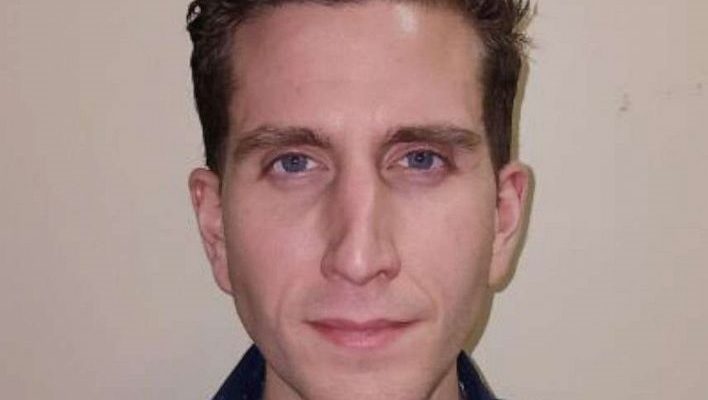Bryan Kohberger, 28, who is suspected of killing four University of Idaho students, was arrested on December 30 by the Pennsylvania State Police Latah County. Prosecutor Bill Thompson said investigators believe Kohberger broke into the students’ home “with the intent to commit murder. The students — Ethan Chapin, Madison Mogen, Xana Kernodle, and Kaylee Goncalves — were stabbed to death in their home close to campus nearly two months ago. Brian Kohberger will return to court on June 26 for a preliminary hearing, also known as a probable cause hearing. The 28-year-old waived his right to a speedy probable cause hearing within 14 days.
So, what happens during a preliminary hearing? At the preliminary hearing, prosecutors, or sometimes a police officer, will present evidence to establish the “prima facie case” ( which means “at first view”) for every charge against the defendant. Whether or not the defendant is innocent or guilty is not decided at this time. The prosecutors need to prove that it is more likely than not that a crime was committed and that the defendant is the person who committed that crime.
Ok, back to what happened. A probable cause affidavit released before Kohberger’s first court appearance revealed cell phone tower data showing Kohberger had visited the area where the murders occurred twelve times in the months leading up to the gruesome killings. The report further revealed that the DNA on the knife recovered in one of the victims’ rooms was traced back to Kohberger.
For clarity, a probable cause affidavit is a sworn statement, typically made by a police officer, that outlines the factual justification for why a judge should consent to an arrest or search warrant or why an arrest made during a crime-in-progress was based on solid evidence that the person in custody is the person who is likely to have committed the crime.
After the preliminary hearings, Kohberger would have an arraignment hearing, where he would enter a guilty or not guilty plea. Plea negotiations can happen after this; otherwise, the case goes to trial.
If Kohberger pleads guilty or is found guilty, he faces the death penalty or life in prison.
The Source will continue to follow this case closely.
